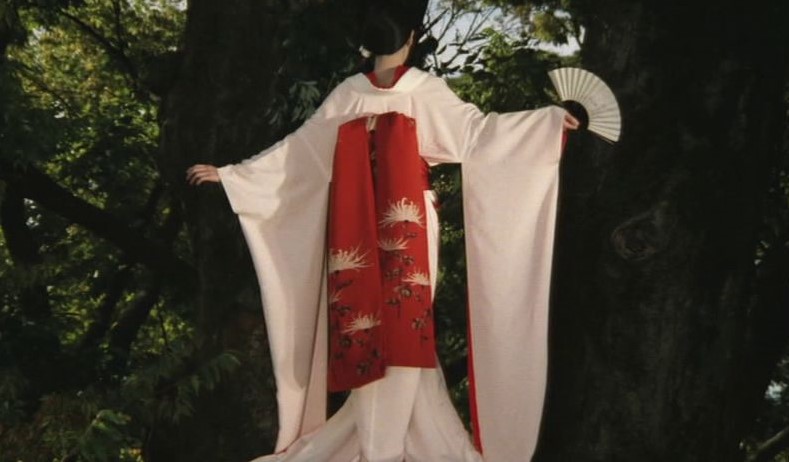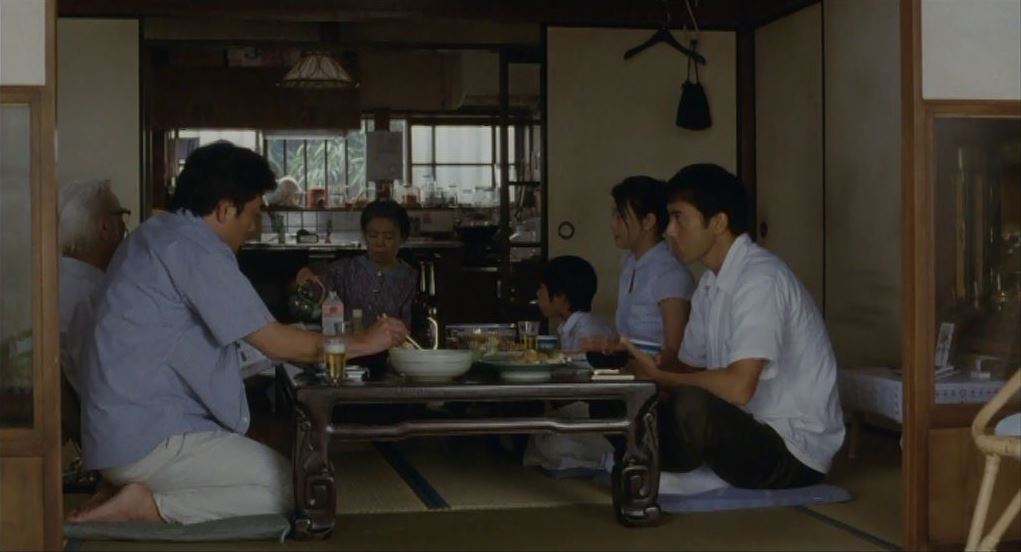Seijun Suzuki’s Yumeji (Japan, 1991) is the concluding part of his “Taisho Trilogy”, the two other films being Zigeunerweisen (Tsigoineruwaizen, 1980) and Kagero-za (1981). All three are set in the Taisho era (1912-1926), a period in Japanese history marked by attempts to achieve more democracy – both political and cultural. The protagonists in Zigeunerweisen are […]

